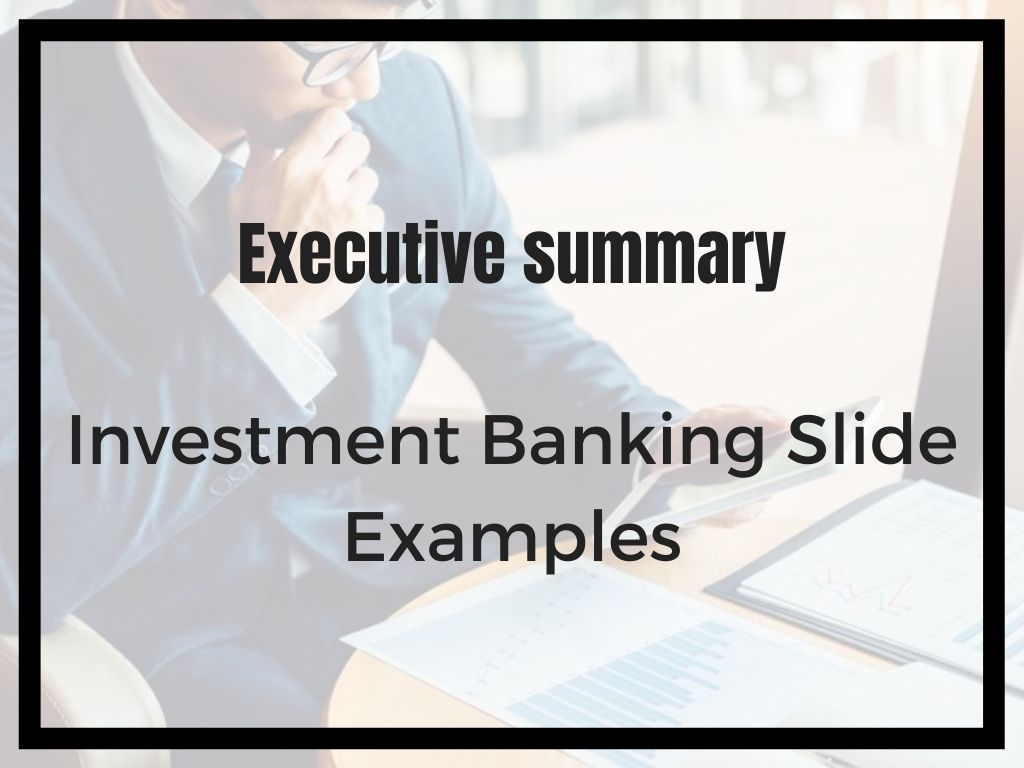
If you are wondering how to move financial advisors, this is the place for you. Whether you want to switch firms or not, there are some things to keep in mind. First, you should always be supportive of your financial adviser. You might need his support in the near future. Also, be sure to get his transaction records. This will allow your financial advisor to get up-to-speed.
Transferring non-transferable assets
Transferring non-transferable assets when you change financial advisors is an option available to some clients. It can minimize tax consequences. Non-transferable investments are not subject to transferable securities. This allows the new advisor to choose what to sell when. This can give you the flexibility to take your gains or losses slowly.
Before you start the process of switching financial advisors, you need to review all your contracts with your previous advisors. To ensure you don't have any restrictions on your assets being transferred to your new advisor, make sure you carefully review your contract. You might have to give notice of termination or pay fees.

Avoid unpleasant surprises
It is important to choose the right advisor for your needs if you are thinking about changing financial advisors. Being a responsible investor means you must ensure your advisor is helping you to achieve your financial goals. While it is not always easy to make a decision, there are some ways to avoid making a mistake. Find out how highly your advisor values their work, and how you can hold them accountable.
Check the contract before changing financial advisors. Make sure you ask about any fees. Ask about any fees or the minimum holding period for assets that are not transferable. Ask about any fees (such as redemption fees) and whether the fee will be charged by your current advisor. It may feel uncomfortable to change your financial advisor, but it's better than working with someone who isn’t right for the long-term.
Costs for switching financial advisors
While switching financial advisors can save you a lot of money, it also has a cost: the time and effort spent transitioning client accounts and developing new client relationships. This cost can be hard to quantify but it usually amounts to 5 percent of your annual productivity. For example, if you manage a million-dollar firm, you will incur about $50,000 in opportunity costs.
It can be difficult to transfer your financial accounts. It is not enough to search for a new financial advisor. You also need to talk with them about your personal preferences and needs. It is best to have your advisor know enough about you so they can make the appropriate recommendations. Identify your biggest financial goals and communicate these clearly. Once you've chosen your new advisor, consider the costs involved with transferring accounts. Ask your current advisor for information about fees when you transfer your account. Make sure to review your agreements. Sometimes, you can even sign agreements electronically with your new advisor.

Finding the "forever" love of your life
There are many steps you can take to ensure a smooth transition when changing financial advisors. Financial advisors tend to have long-lasting relationships. They might have helped you to start personal finance, set up retirement savings accounts, or even signed you up with life insurance. These relationships can make a huge difference in your financial health.
It is important to review your financial records with your new advisor. Review the experience and credentials of your new advisor. Also, ensure they can manage your assets. Also, make sure that they have a license to hold your accounts, since some advisors are not legally permitted to hold certain types of assets. Make sure you have a copy of your transaction history before you transfer any assets.
FAQ
What tax do I have to pay on consulting income?
Yes, you must pay tax on the consultancy profits. The amount depends on how much you earn per year.
If you are self employed, you can claim expenses in addition to your salary. This includes rent and childcare.
However, you can't deduct interest payments for loans, vehicle depreciation or the cost to purchase equipment.
You can only claim back 25% of your expenses if you earn less than PS10,000 a year.
But even if you're earning more than this threshold, you might still be taxed depending on whether you're classed as a contractor or employee.
The PAYE tax for employees and the VAT tax for contractors is generally paid as you earn.
What is the difference between a consultant and an advisor?
An advisor provides information about a topic. A consultant can offer solutions.
Consultants work directly with clients to help them reach their goals. An advisor advises clients indirectly through books, magazines, lectures, seminars, etc.
How did modern consulting come to be?
The first consultants were actually accountants who would help companies manage their finances. Because they were skilled in managing financial information, they became "accounting consulting". The role soon expanded to include other areas, including human resources management.
The French word for advice, "consultant", was originally used to describe someone who could advise on the management of an organization. The word consultant is still used by most business owners to refer to any kind professional advisor.
Statistics
- According to statistics from the ONS, the UK has around 300,000 consultants, of which around 63,000 professionals work as management consultants. (consultancy.uk)
- Over 50% of consultants get their first consulting client through a referral from their network. (consultingsuccess.com)
- So, if you help your clients increase their sales by 33%, then use a word like “revolution” instead of “increase.” (consultingsuccess.com)
- "From there, I told them my rates were going up 25%, this is the new hourly rate, and every single one of them said 'done, fine.' (nerdwallet.com)
- WHY choose me: Why your ideal client should choose you (ex: 10 years of experience and 6-week program has helped over 20 clients boost their sales by an average of 33% in 6 months). (consultingsuccess.com)
External Links
How To
How can I start a consultancy business with no money?
A simple and effective way to get started with your own consultancy business - without any capital investment!
This tutorial will teach you how to make money from home while improving your skills and earning extra cash.
I will share some secrets that show you how to generate traffic on demand, especially when people are searching for something specific.
This is known as 'Targeted Traffic. This is the method that was created to enable you to do such things.
-
You should choose the niche you wish to work in.
-
For solutions on Google, it is important to research the keywords that people use.
-
These keywords should be used to create content.
-
Post your articles on article directories.
-
Promote your articles using social media.
-
Build relationships with influencers and experts in that niche.
-
Be featured on these blogs or websites.
-
Sending emails can help you grow your email list.
-
Make money.